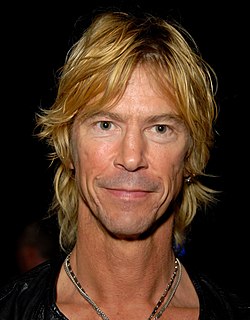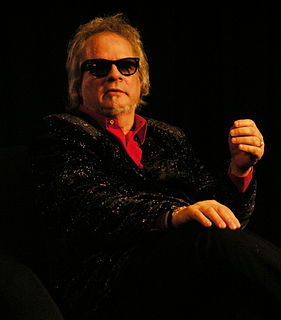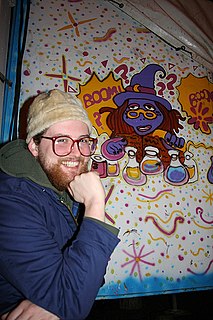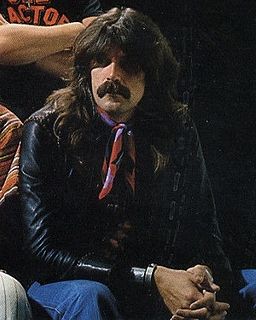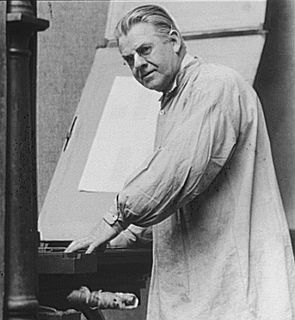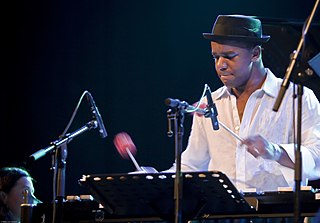A Quote by Fela Kuti
The rhythm, the sounds, the tonality, the chord sequences, the individual effect of each instrument and each section of the band - I'm talking about a whole continent in my music.
Related Quotes
The very funny thing about "Like A Rolling Stone" is it was a six minute song, there was no music to read from. And there I was playing this unfamiliar instrument. So I would come in on the upbeat of one. I would wait until the band played the chord, and then as quickly as I could come in play the chord.
There's the internal rhythm within a sequence, and then there's the rhythm between the sequences, and that's extremely important in constructing the narrative. For example, you don't put two big dramatic scenes right next to each other. But you can use the rhythm of the transition shots; they can often serve a double purpose.
I think a lot of electronic musicians are drawn to starting with texture because the whole reason we're working with electronics is to try to create new sounds or sounds that cannot be created acoustically. When you're doing that, it's nice to be able to just create a different palette for every single song. I feel like a lot of electronic music sounds like...Each album sounds like a compilation more than it does a band.
I think it all comes back to the individual. My instrument's just a pile of metal and wood! If you listen to the way I speak I have a lot of rhythm, use a lot of accents. When I'm playing my instrument that concept comes through very clearly. In fact some people who've seen me play have noticed that I'm singing - but it's more that I'm actually speaking. So it's not really about the instrument. But for me, in my thinking, the music is all about the melody. When I compose, 99 percent of the time I start with the melody.
We think of music as this substance that flows - you turn on the tap, and there it is, streaming off your computer - but that's not how we evolved as a species. We evolved to listen to each other, and the reason we're able to listen to music in the terms is talking about is because we're really good at listening to each other. But this kind of technology has allowed us to forget that music is the sound of each other.
Each individual is a cosmos of organs, each organ is a cosmos of cells, each cell is a cosmos of infinitely small ones; and in this complex world, the well-being of the whole depends entirely on the sum of well-being enjoyed by each of the least microscopic particles of organized matter. A whole revolution is thus produced in the philosophy of life.



